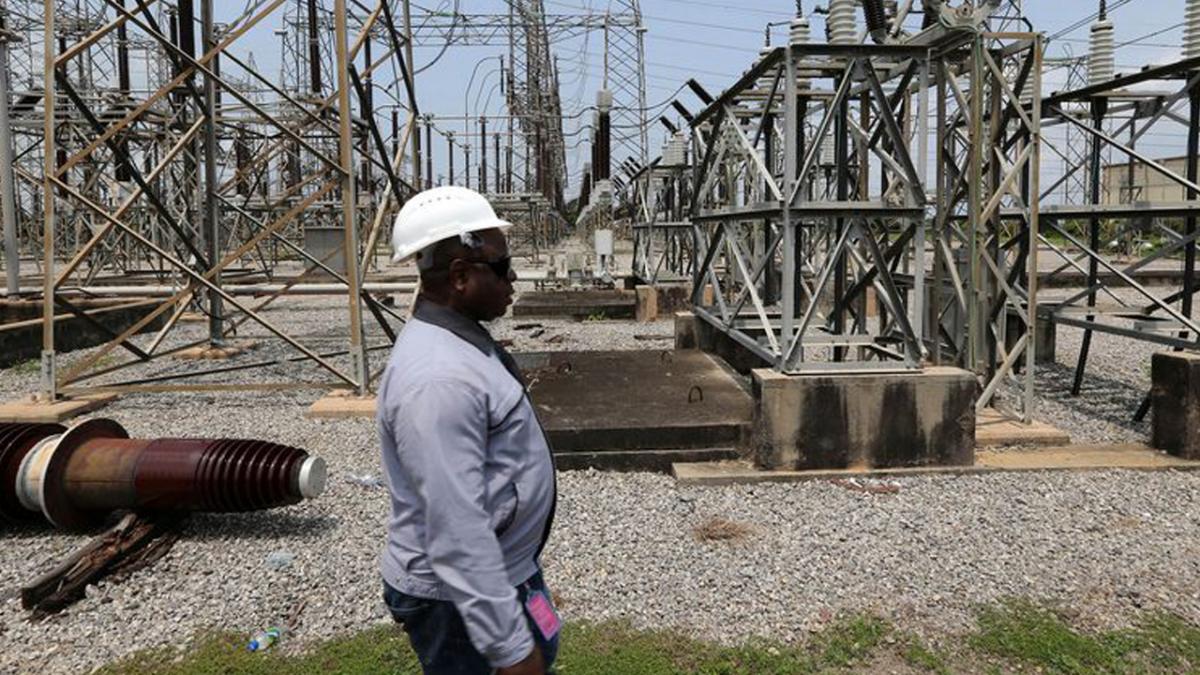There are no products in your shopping cart.
| 0 Items | £0.00 |


NIGERIA'S federal government has given electricity distribution companies known as Discos the authority to buy electricity directly from power generation companies known as Gencos under a new policy aimed at addressing the crisis in the sector.
In what is a major impediment to its development, Nigeria only generates about 7,000MW of electricity, of which it can only distribute 4,000MW. This is wholly inadequate given that the economy requires about 50,000MW to operate properly and as a result, most Nigerians are reliant on private generators for their electricity.
Due to the inadequate power supply, everyone in Nigeria now uses private generators, which apart from being an environmental hazard, has made electricity very expensive. Nigeria is currently the world's biggest importer of small and medium generators and is the world's second biggest importer of large generators.
Even by African standards, Nigeria's power generation is very poor as Egypt generates 59,063MW of electricity and 58,095MW is generated in South Africa. According to the World Bank over the last decade, a greater share of the global population gained access to electricity than ever before but the number of people without electricity in sub-Saharan Africa increased, with Nigeria being a major culprit.
On a bid to reverse this trend, the Nigerian Electricity Regulatory Commission (Nerc), has issued a multi-year tariff order authorising the country's 11 Discos to procure electricity directly from Gencos through bilateral contracts. It explained that through bilateral contracts, the Discos are required to mitigate their exposure to volumetric energy risks, adding that they would have no recourse to claim revenue shortfall arising from generation shortfalls effective January 2024.
This development will end the 10-year reign of Nigerian Bulk Electricity Trading (NBET), which buys electricity in bulk from generation companies through power purchase agreements and sells through vesting contracts to the Discos. It is hoped that this policy change will help end the constant blackouts in the country.
Ayodele Oni, an energy law expert and partner at Bloomfield Law Practice, said: “With the just released 2024 multi-year tariff order for each Disco, it would appear that they are now generally allowed to procure bilateral power from generation companies, directly. This is in preparation for the transition of the bulk trader, NBET.”